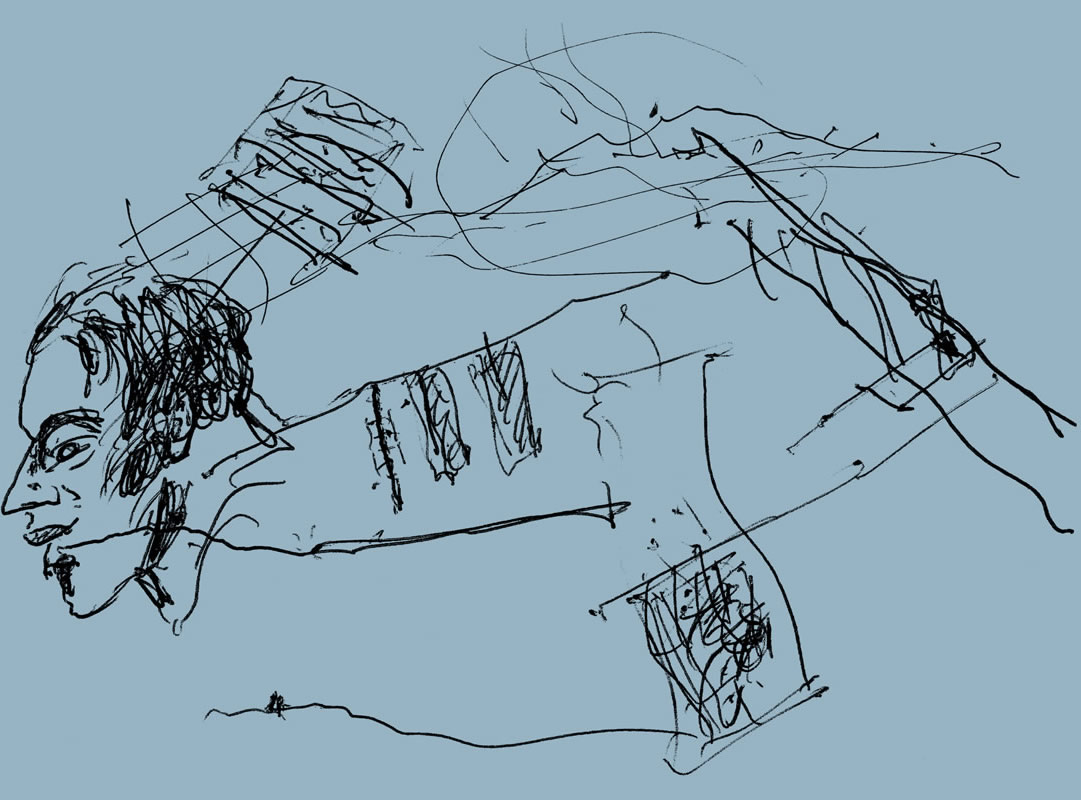As global travel comes to a sudden halt, the May issue looks to the overwhelming machine of the tourism industry
This issue on tourism was scheduled to coincide with the Biennale opening this May. Instead, planes are grounded and cruise ships have become the stuff of nightmares – a disease spreading, nowhere to hide or run. The city that epitomises the devastating effects of mass tourism is deserted and, with no liners in sight, its lagoon waters are clear and the fish are returning. Overtourism is a plague in itself.
Mild winters require snow transported by helicopter to cover the ski slopes left brown and bare. Airport extensions are paralysed by controversy. Ecotourism makes false promises of alternatives. The irreconcilable contradiction of tourism is that it tarnishes what it touches. Machu Picchu is sinking, Venice is flooding, the Acropolis is suffocating.
No one could have predicted the screeching halt of global travel. But as exponential curves shoot up and start to flatten, a lingering and insistent suspicion suggests that, rather than divert us from the direction we were already heading in, this microscopic virus has simply accelerated our journey towards economic and ecological collapse.
The consequences of this crisis, still hard to fathom, are inevitably challenging why and how we travel, throwing into sharp relief our dependence on the tourism economy.
Trips are defined by a geography of places (the train carriage, the airport, the hotel room, the beach) and collections of objects (the guidebooks, the postcards, the souvenirs, the selfies). This unprecedented hiatus has forced us to become secluded travellers seeking other routes and means to get away. Ghirri’s photographs and Hopper’s paintings suggest a suddenly familiar displacement and disorientation. The loneliness and the nostalgia resonate, bending time and yearning for escape
Lead image: a briefing for the European aerospace corporation Airbus. In the days before computer modelling, Airbus simply drew an outline of the aeroplane and plotted out the seating with actual chairs. The production of aeroplanes by Airbus has been reduced due to the pandemic, but the company is now part of a consortium including F1, Siemens and Ford to manufacture ventilators in the fight against Covid-19
This piece is featured in the AR May 2020 issue on Tourism – click here to buy your copy today
 The Architectural Review An online and print magazine about international design. Since 1896.
The Architectural Review An online and print magazine about international design. Since 1896.


